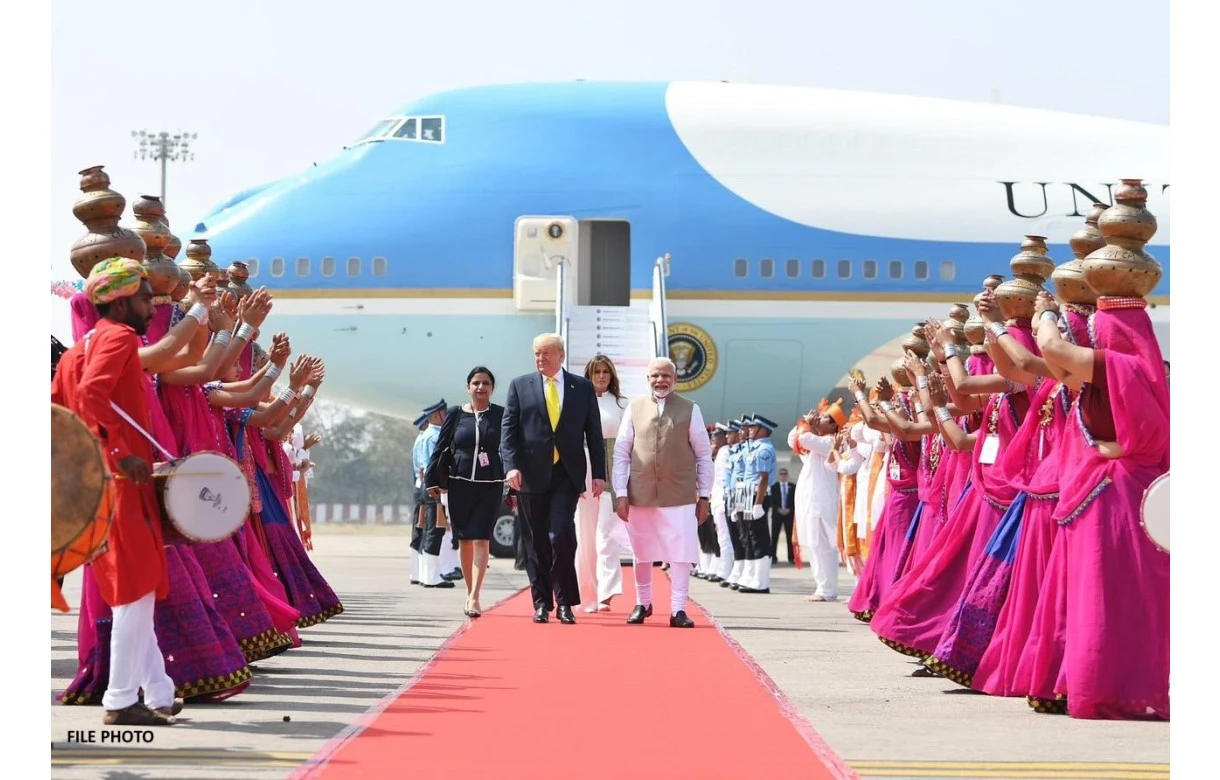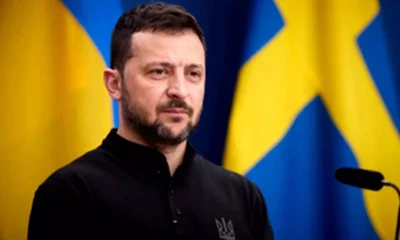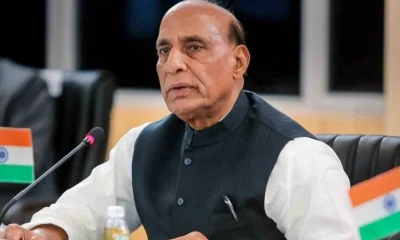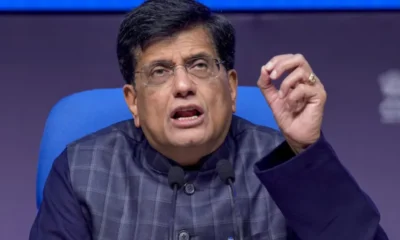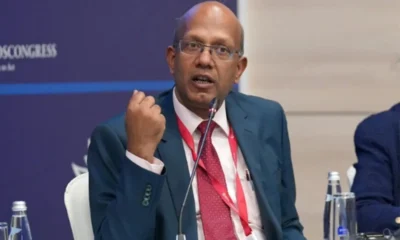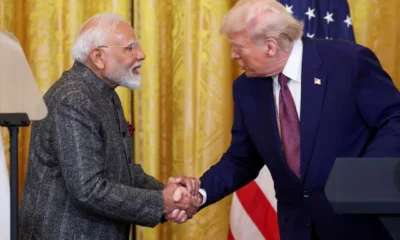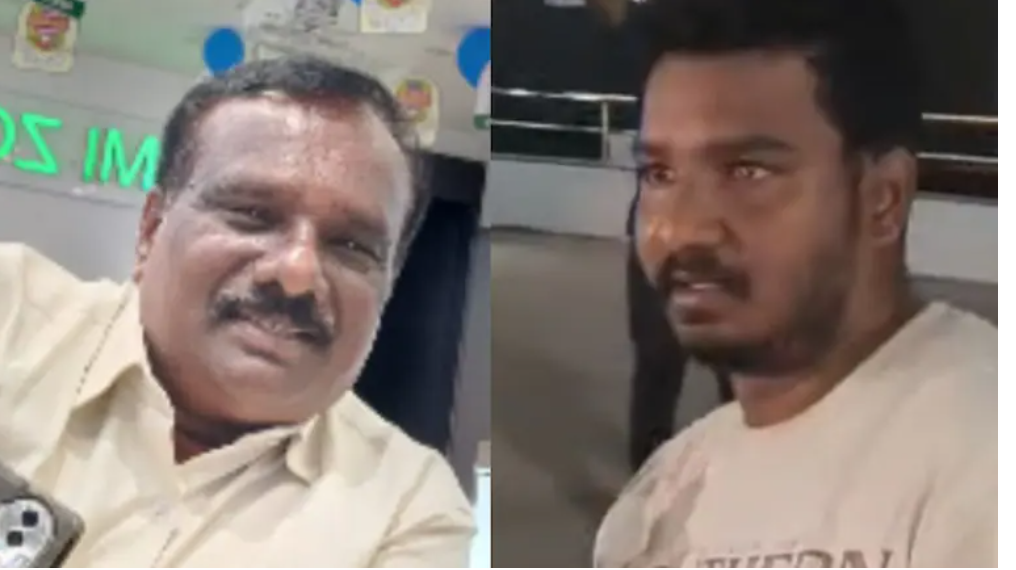With Donald Trump all set to become the 47th President of the United States, Indian exporters may face high customs duties on products such as automobiles, textiles, and pharmaceuticals if the new administration pursues its “America First” agenda, according to trade experts.
The experts have also indicated that Trump might tighten H-1B visa regulations, which could raise costs and hinder growth for Indian IT companies. With over 80 per cent of India’s IT export revenues stemming from the US, these changes could make the sector vulnerable to shifts in visa policy.
The US stands as India’s largest trading partner, with annual trade exceeding $190 billion.
Ajay Srivastava, founder of the Global Trade Research Initiative (GTRI), said that Trump might extend tariffs beyond China to include India and other nations, citing Trump’s earlier statement that India is a large tariff abuser and his October 2020 statement labeling the country as the tariff king. These comments hint at the likelihood of more challenging trade negotiations during Trump’s second term.
“His America First strategy is expected to advocate for protective measures, including reciprocal tariffs on Indian goods, which could hinder key exports such as automobiles, textiles, and pharmaceuticals, diminishing their competitiveness in the US market,” Srivastava stated.
However, he also said that a tougher US policy towards China could potentially open up new markets for Indian exporters.
The bilateral trade in goods between the two countries stood at $120 billion in 2023-24 as against $129.4 billion in 2022-23.
A GTRI report had earlier stated that according to WTO’s World Tariff Profiles 2023, the US also imposes high duties on items like dairy products (188 per cent), Fruits and vegetables (132 per cent), cereals and food preparations (193 per cent), oilseeds, fats and oils (164 per cent), beverages and tobacco (150 per cent).
International trade expert Biswajit Dhar remarked that Trump is likely to increase tariffs across different sectors to fulfill his MAGA (Make America Great Again) mandate. “With Trump’s return to power, we are headed toward a new era of protectionism,” Dhar predicted, pointing out that sectors such as electronics might be adversely affected.
Furthermore, Dhar raised concerns about the future of the Indo-Pacific Economic Framework for Prosperity (IPEF), emphasising, based on Trump’s past decision to withdraw from the Trans-Pacific Partnership (TPP), there may be uncertainty surrounding IPEF’s stability. Launched on May 23, 2022, the 14-nation bloc could face challenges ahead.
Ajay Sahai, Director General of the Federation of Indian Export Organizations (FIEO), stated, “While we might see Trump advocating for more balanced trade, disputes around tariffs are likely to arise amid rising protectionist trends and stricter immigration policies.”
Agneshwar Sen, Partner for Tax and Economic Policy (International Trade) at EY India, said that the US might strategically implement high tariffs to promote domestic manufacturing and adjust existing supply chains, potentially leading to increased tariffs on Indian exports such as textiles, chemicals, pharmaceuticals, and engineering products.
“India may need to look for alternative markets, which would be challenging, or consider retaliatory tariffs on US exports. Alternatively, we should prepare for a trade deal that is appealing to the US, not only protecting our existing interests but also facilitating new opportunities,” Sen noted.
Additionally, Srivastava pointed out that Trump’s concerns regarding outsourcing could result in policy changes affecting IT exports. H-1B visa regulations are crucial for facilitating the movement of skilled IT professionals from India. “A stricter immigration approach from Trump could potentially alter visa rules, thereby raising costs for Indian IT companies,” he explained, PTI reported.
